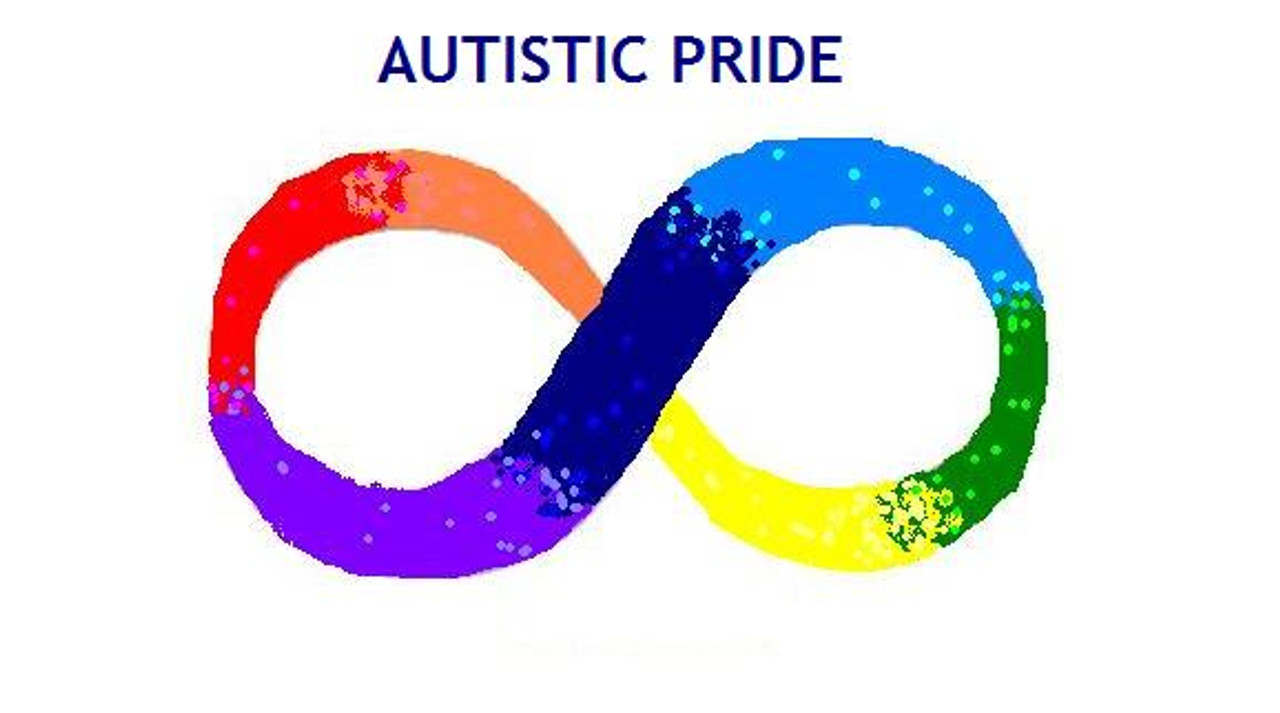Getting Behind Autistic Pride Day
Held on June 18th every year, Autistic Pride Day is a worldwide, pride celebration for autistic people.
Autistic pride day recognises the importance of pride for autistic people and aims to raise awareness amongst those who are not on the autistic spectrum disorder.
Kabie Brook, the co-founder of Autism Rights Group Highland (ARGH) explains that “the most important thing to note about the day is that it is an autistic community event: it originated from and is still led by autistic people ourselves”.
The rainbow infinity symbol is used as the symbol of this day, representing “diversity with infinite variations and infinite possibilities”.
Autistic pride highlights that autistic people have always been an important part of human culture. Being autistic is a form of neurodiversity and as with all forms of neurodiversity, most of the challenges autistic people face come from other people's attitudes about autism.
A speech given by organiser Joseph Redford at London Autistic Pride 2019 provides more background information on the awareness day.
Opinions on Autistic Pride Day
An article from organizational psychologist, Nancy Doyle emphasizes that a large part of the problem is that awareness has not proven effective at improving the lives of autistic people.
She suggests that “the most radical act you can perform as an ally to autistic people is to accept them exactly as they are and beyond that to celebrate them and their neurotype.”
The full article can be viewed here!
Can ROMBi support autistic individuals?
ROMBi founder and educational specialist, Penny Georgiou, has been emphasising the value of structured handplay for perceptual development of children and adults with and without autism. She has been so convinced of its value, both in reducing historic issues and laying foundations for the future learning and wellbeing, that she commissioned the design of ROMBi to ensure that the indispensable perceptual bases are covered within its range of exercises.
Penny explained that research is showing that completing just one ROMBi puzzle a day improves:
- Body awareness;
- Ability to distinguish between self and other’s awareness;
- Spatial awareness and structure;
- Organisational skills;
- Language functions;
- All of the above have implications for toileting and social skills;
- Proportionality of threat level;
- Maintaining a sense of place and identity while transiting between different perspectives.
Adults and children alike are taking to ROMBi to build organisation in their thoughts and increase their capabilities. It is also helping parents to manage life’s day to day logistics, and see new solutions for longstanding problems.
This uniquely innovative puzzle is at the centre of her working directly with primary schools on the ROMBi Partnership Programme; a UK wide research project raising awareness of how structured handplay with ROMBi can improve the experience of children with diverse learning and wellbeing needs.
Penny is also presenting at the Institute of Government & Public Policy's showcase event; The Future of Innovation in Learning and Teaching in Schools 2021 next week.
The event is taking place on the 23rd and 24th of June and delegates who book with our code 'ROMBI20' can get a discount and join in discussions to share their opinions on the topics.
Reserve your place here today!
Get Involved
If you are interested in finding out more about ROMBi, Penny’s presentation or how ROMBi can support you visit our product page here.


